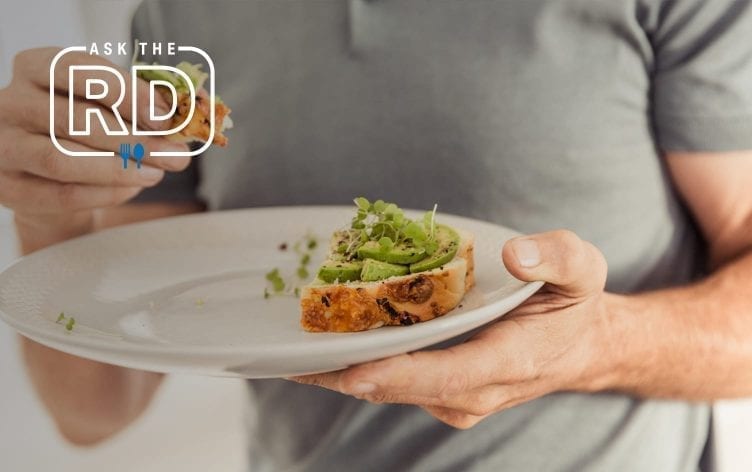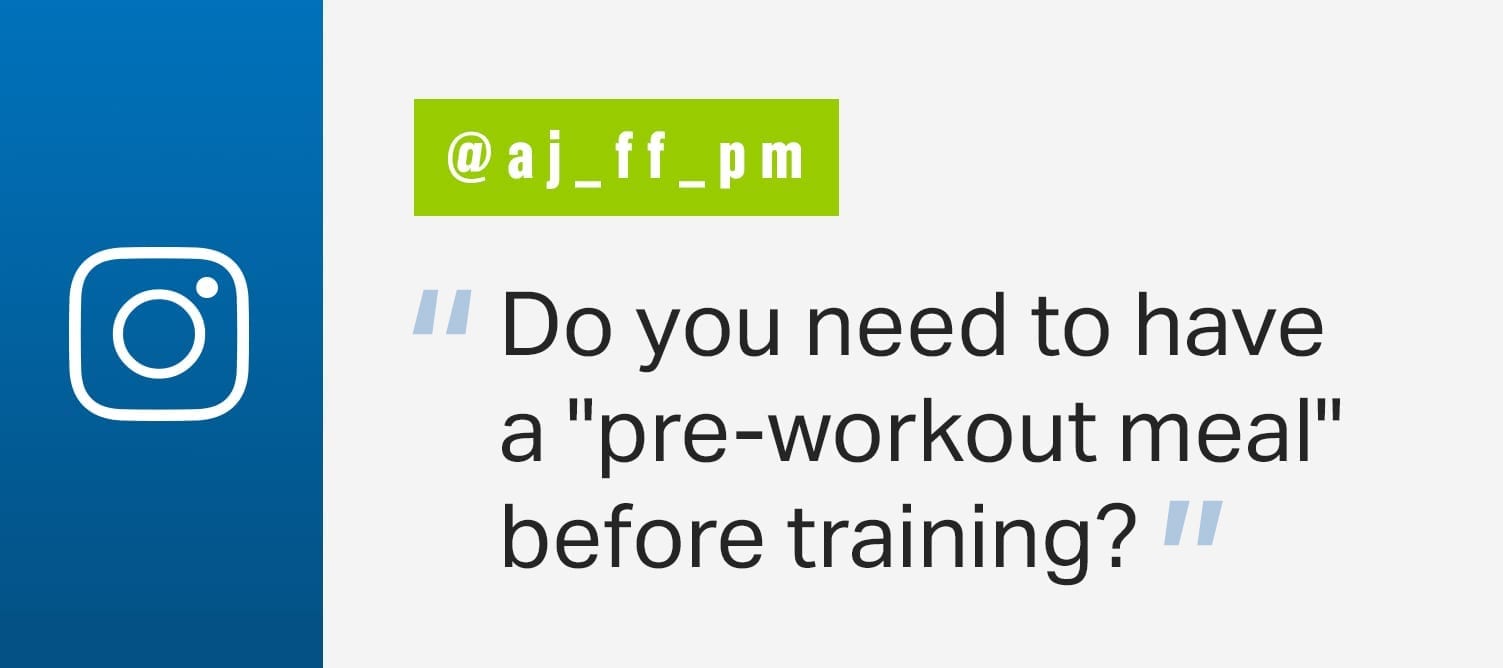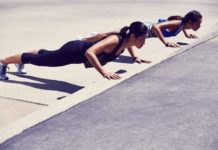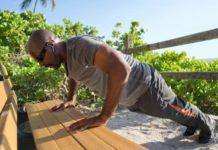
Ask the RD: Should You Always Eat Before a Workout?


We all want to get the most out of our workouts — and proper nutrition can often make or break our ability to reach exercise and sport-related goals. Pre-workout meals and snacks can play a big role either way, and it all depends on a multitude of factors — type of workout, length of workout, time of day, type of food and most importantly, the individual.
TYPE OF WORKOUT
In general, more vigorous workouts can make you feel more sensitive to food in your stomach and contribute to nausea and indigestion during the workout. Try giving yourself more time for digestion or having something very light prior to the workout. A sports drink, gel or chew may also work if consumed closer to the workout and may add an extra energy boost if the workout is going to be longer in duration.
LENGTH OF WORKOUT
For workouts and endurance training longer than 60 minutes, it becomes more important to have something in your tank before you begin. Moreover, for workouts lasting 90 minutes to 3 hours, it might be helpful to consume 45–60 grams of carbohydrates per hour to fuel your workout. Trial and error is key when it comes to what you eat and when. Individuals with sensitive stomachs often benefit from a little extra time between the meal and the workout and experimenting with what they eat or drink to see what sits well.
TIME OF DAY
MORNING WORKOUTS
Eating before a morning workout can provide the body with some easily accessible energy, especially after an overnight fast when our energy tank is close to zero. What you should eat depends largely on how much time there is before the workout.
Some individuals cannot tolerate a morning meal before a workout, and that’s not a problem. Short workouts on an empty stomach are fine, as long as your body feels OK and you prioritize a post-workout meal soon after you’re finished to refuel.
Here are a few suggestions of what to eat and when:
- 30–60 minutes before: Aim for an easily digestible carbohydrate and a small amount of protein, such as a banana with a little peanut butter, toast with almond butter or a quality energy bar made with whole-food ingredients you recognize.
- 1–2 hours before: If you have a bit more time, a more robust meal can give the body more lasting energy and prevent mid-workout hunger pangs. Protein and fat take longer to digest than carbohydrates, and it’s OK to add more to your meal or snack if you have the time. Try scrambled eggs, veggies and toast, oatmeal with berries and nuts (or nut butter), or a whole-wheat bagel with a little cream cheese and a side of fruit or yogurt.
AFTERNOON AND EVENING WORKOUTS
Fueling strategies before an afternoon or evening workout differ from the morning because we already have some energy in our system from prior meals. The upside is we may have more stamina, while the downside is digestion is happening and those with sensitive stomachs, in particular, must time eating and workouts accordingly.
- Early afternoon workouts: If you’re working out after lunch has been digested, you may not need a snack. This depends almost entirely on the individual in terms of digestion, type of workout and what you had for lunch. For instance, you may not need a snack if the workout is within 1–2 hours after lunch and you’re not feeling hungry yet; however, if you are feeling hungry, an easily digestible snack like those in the 30–60-minute guidelines above works well.
- Late afternoon/early evening workouts: If more time has gone by after lunch and you’re working out before dinner, a snack may be more necessary so you don’t go into your workout on a near-empty tank. The guidelines above can apply here too, depending on how much time you have between your snack and workout. Again, trial and error is important, as well as listening to your body to see what sits well with your stomach and when to have it.
READ MORE > DOES EXERCISE INCREASE OR DECREASE HUNGER?
THE BOTTOM LINE
Regardless of recommendation or guidelines, ultimately you know your body best. What one person tolerates or needs before a workout can be drastically different from the next. There is no “right” answer here, because our bodies are so unique. Getting to know yours and what suits you best is important to help reach your goals. This may take some time and experimentation, and is a great reason to work with a registered dietitian who can help you learn what may work best for you to make the most of those long runs, weight-training sessions, HIIT classes or cycling workouts.
Unlock an experience that’s like having a dietitian, trainer and coach — right at your fingertips. Go Premium for expert guidance and exclusive tools that will help you reach your personal health goals.

































